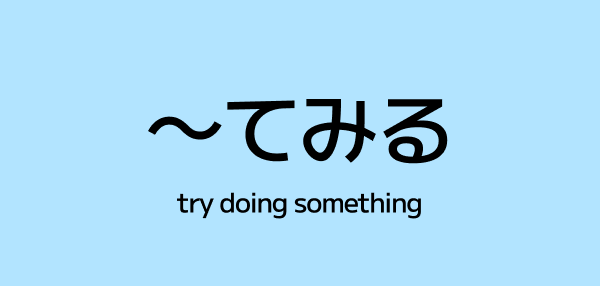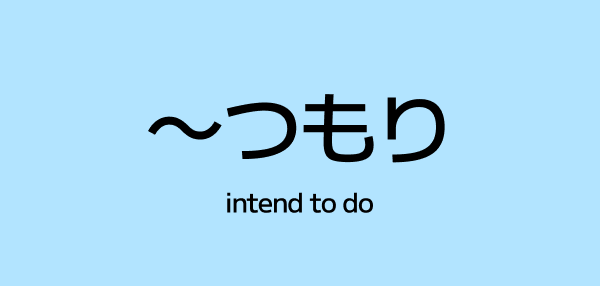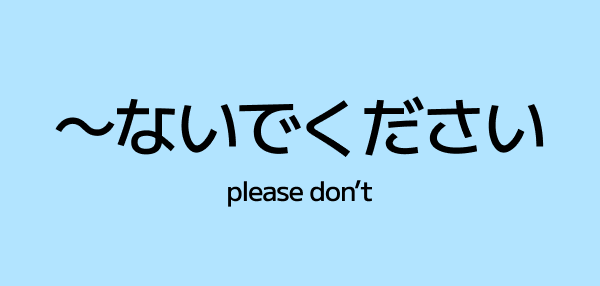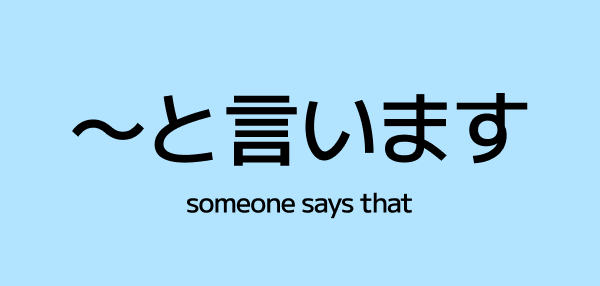~てくれる (te kureru) – When Someone Does Something for You in Japanese
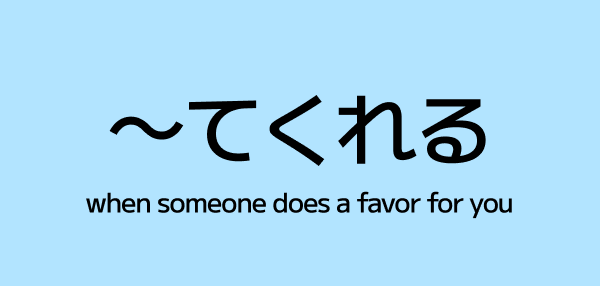
Ever had a friend help you carry heavy groceries? Or maybe a coworker covered your shift when you were sick? In Japanese, when someone does something that benefits you, there's a special way to express that gratitude: ~てくれる.
This grammar point is all about recognizing kindness directed toward you. It's not just functional — it reflects the Japanese cultural value of acknowledging others' efforts and showing appreciation. Let's dive into how it works and why it matters!
What Does ~てくれる Mean?
~てくれる means "someone does something for me" or "someone does something for my benefit."
It combines:
- The ~て form of a verb +
- The verb くれる ("to give to me")
So literally, someone is "giving" you the act of doing something.
This grammar emphasizes:
- The giver's kindness toward you
- Your gratitude for their action
- The direction of the benefit (toward you or your in-group)
Unlike ~てあげる (which focuses on you helping someone else), ~てくれる focuses on receiving help or kindness from someone else.
How to Use ~てくれる
The structure is straightforward:
Verb (て-form) + くれる
To make it polite, use くれます instead of くれる.
Here's how to form the て-form for different verb types:
Godan Verbs (う-verbs):
- たすく (help) → たすけて → たすけてくれる
- かう (buy) → かって → かってくれる
- もつ (carry) → もって → もってくれる
Ichidan Verbs (る-verbs):
- おしえる (teach) → おしえて → おしえてくれる
- あける (open) → あけて → あけてくれる
Irregular Verbs:
- する (do) → して → してくれる
- くる (come) → きて → きてくれる
Example Sentences
🎒 友だちが荷物を持ってくれました。 My friend carried my luggage for me.
📚 先生が漢字を教えてくれました。 My teacher taught me kanji.
☔ 彼が傘をかしてくれた。 He lent me his umbrella.
🎂 母がケーキを作ってくれました。 My mom made me a cake.
💬 みんなが応援してくれて、うれしかった! Everyone cheered me on, and I was so happy!
📱 LINE で連絡してくれて、ありがとう。 Thanks for contacting me on LINE.
Who's Giving and Who's Receiving?
This is important: ~てくれる only works when:
- Someone else does the action
- You (or someone in your in-group, like your family) receive the benefit
The focus is always on the receiver's perspective — that's you!
If you do something for someone else, use ~てあげる instead. If you want to emphasize that you received someone's help (with a more humble nuance), use ~てもらう.
Quick comparison:
- ~てあげる → I do something for someone
- ~てくれる → Someone does something for me
- ~てもらう → I receive help from someone (humble perspective)
The Gratitude Factor: Cultural Insight
In Japanese culture, acknowledging others' kindness is deeply important. Using ~てくれる isn't just grammar — it's a way of showing awareness and appreciation.
When someone helps you, saying ~てくれてありがとう (thanks for doing [this] for me) is incredibly common and natural. It shows you recognize their effort and that it mattered to you.
You'll hear this pattern everywhere:
- 待ってくれてありがとう。 → Thanks for waiting (for me).
- 来てくれてありがとう。 → Thanks for coming.
- 教えてくれてありがとう。 → Thanks for teaching me.
Culturally, Japanese people often emphasize the giver's action rather than their own benefit — it's a way of being humble and showing respect.
⚠️ One thing to watch out for: Don't use ~てくれる when talking to the person who did the favor in a very formal or superior-subordinate context. It can sound too casual or assuming. In those cases, use ~ていただく (the humble form of ~てもらう) instead.
Asking Someone to Do Something for You
You can also use ~てくれる to make requests:
~てくれる? (casual) → Will you do [this] for me? ~てくれますか? (polite) → Could you do [this] for me? ~てくれない? (casual, softer) → Won't you do [this] for me?
Examples:
🚪 ドアを開けてくれる? Can you open the door for me?
✉️ これを送ってくれますか? Could you send this for me?
📖 この本をかしてくれない? Won't you lend me this book?
This form is very common in everyday conversation — it's direct but friendly, and shows you're relying on the other person's kindness.
Try It Yourself!
How would you say these in Japanese using ~てくれる?
"My friend helped me with homework."
"My dad drove me to the station."
"Thanks for calling me."
✅ Answers:
友だちが宿題を手伝ってくれました。
父 が駅まで送ってくれました。
電話してくれてありがとう。
Key Takeaways
- ~てくれる = "someone does something for me"
- Use when you are the receiver of someone's kindness or action
- Shows gratitude and acknowledges the other person's effort
- Common in daily conversation, especially with ~てくれてありがとう
- For requests, use ~てくれる? or ~てくれますか?
- Related grammar:
- ~てあげる → you do something for someone
- ~てもらう → you receive help from someone (humble)
Recognizing kindness is a big part of Japanese communication — and ~てくれる is your go-to grammar for showing you notice and appreciate it! 💙
Related Grammar
Build Your Japanese Foundation
Keep your momentum going with bite-sized guides for the core writing systems.
Learn Hiragana(ひらがな)
Master the basic script for native Japanese words, particles, and verb endings so grammar patterns click faster.
Go to Hiragana Guide →Learn Katakana(カタカナ)
Get comfortable reading foreign words, brand names, and emphasis so you can recognize more vocabulary everywhere.
Go to Katakana Guide →Save Grammar & Vocabulary with Bento Japanese
Create a free account to get weekly reads, save vocabulary to your Collections, and track your progress.

